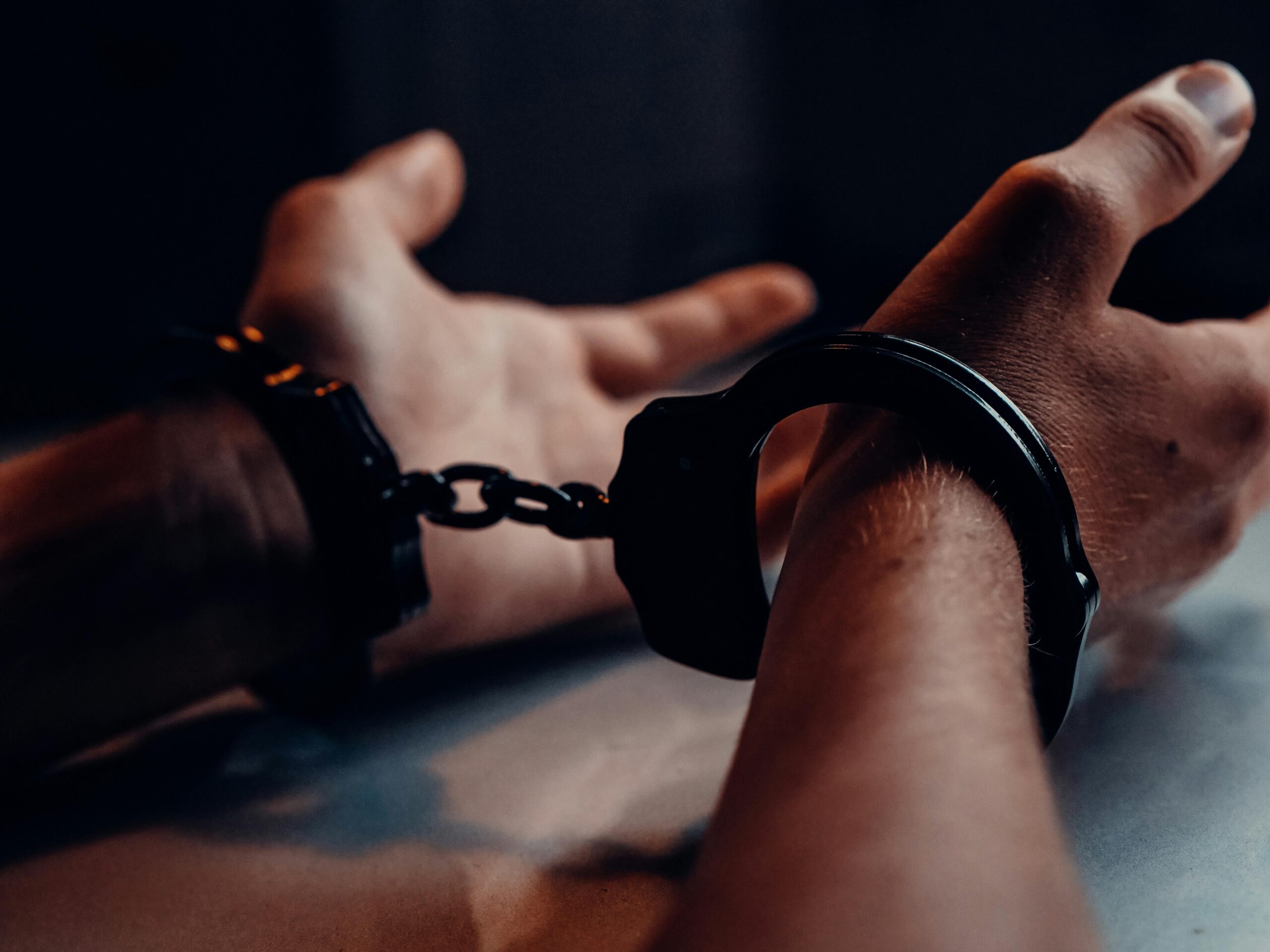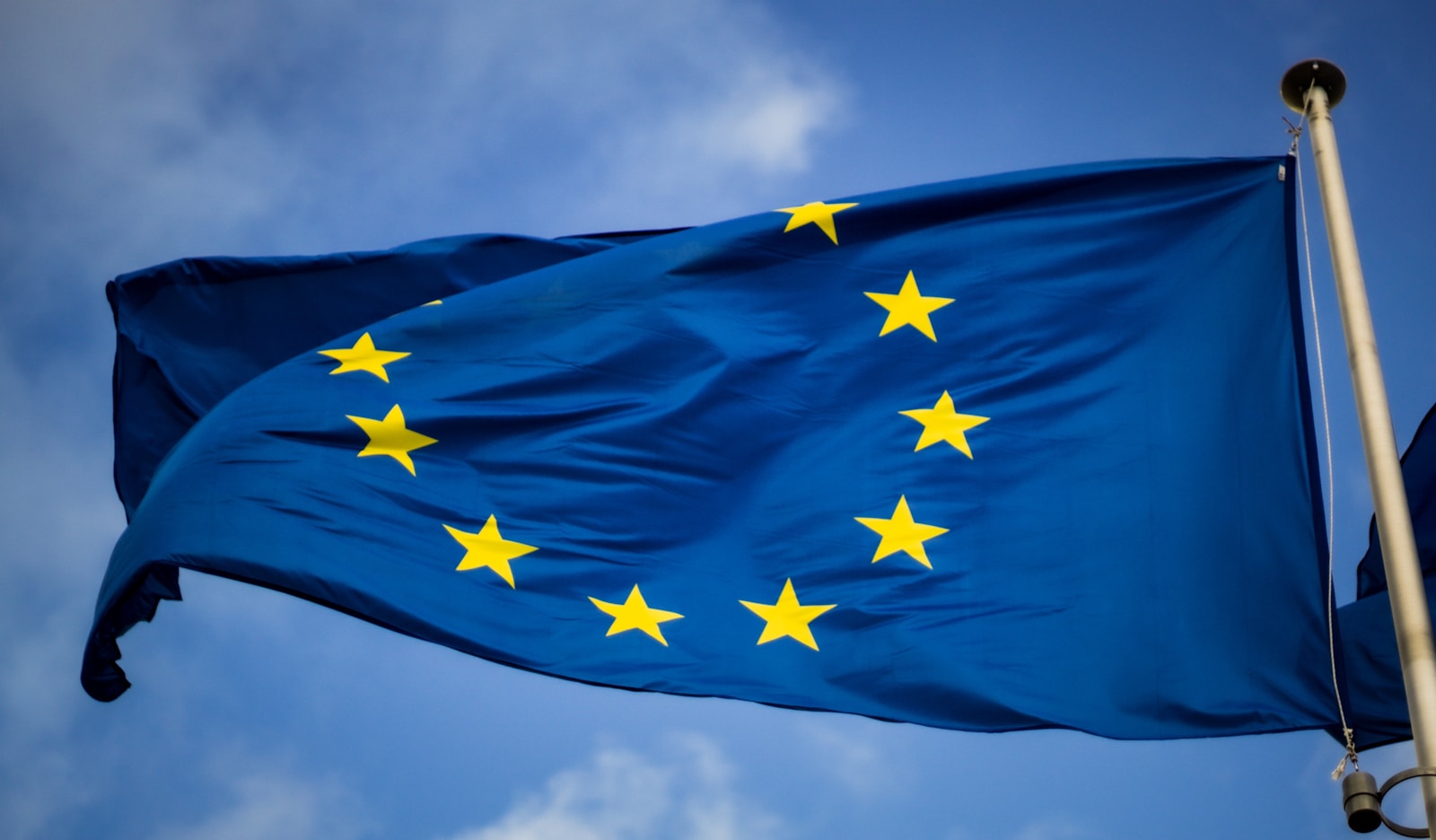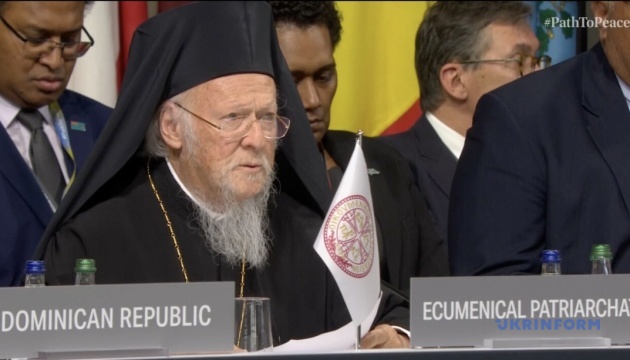Politics
Will the Spanish Presidency of the Council of the EU of the EU be suspended?
Some activists in Spain are asking this question. The presidency of the Council of the European Union, or Consillium, rotates every six months. Spain is scheduled to take the lead on 1 July. But there are doubts.
A Spanish alliance has called for Spain to be declared as having serious systemic deficiencies with its rule of law. The request is based upon its own complaints and report on the Spanish Rule of Law in 2022.
This Alliance is composed of four associations, a social movement, and a group of individuals whose activities are related to denunciation of institutional corruption and administrative and judicial defense of victims of “(institutional ) metamafia”, or the defense of human rights. The Alliance is known as “Denouncers of Judicial Authoritarianism”.
Javier Marzal is the spokesperson and promoter of the Alliance.
"Our set of complaints to the European Commission and the Spanish Supreme Court reflect the Spanish institutional reality and the political and economic danger it poses to the European Union and its member countries".
The first complaint covers the first four years under the current Spanish government headed by Pedro Sanchez. The complaint was sent to the European Commission on 11 November 2022. In an unusual move, the Commission agreed to process it under the Economic Unit F3, and registered the complaint as Ares(2022)8174536. The main allegations are that numerous public documents have been falsified and that the government has usurped the Parliament to legislate, and increase public spending without any control. This is up to twice the maximum amount of spending by the previous government.
The second complaint was sent to the Directorate for Fundamental Rights and the Rule of Law on 27 January 2023. The request was accepted and the complaint was processed at Unit C1 under Ares(2023)1525948. This double processing of complaints is also unprecedented.
Marzal says that the set of complaints has been completed by the amplifying complaint dated 15 April 2023. It is “the peacetime complaint with most brutal facts in Europe’s history”.
The Alliance then submitted its report on Spanish rule of Law, requesting the European Commission to declare that Spain suffers from serious systemic deficiencies with its rule of laws and that they promote the suspension of Spain’s presidency of the Consillium till Spain proves that it has a law. The Alliance proposes to put the suspension up for a vote at the European Parliament and the Council of the European Union, among the presidents of the government of the Member States.
Two MEPs, Eniko Gyori from Portugal and Eniko Gyori from Hungary, made the same request at the annual plenary of the European Parliament on January 2023. Eniko Gyori served as the Hungarian ambassador to Spain between 2014 and 2019, so she is familiar with the Spanish situation.
Several MEPs have also sent complaints and petitions about the rule of Law and the Consillium presidency to the Swedish Presidency of the Council of the European Union, as well as several European governments.
It is the first occasion that European officials and individuals have called for a declaration stating that the rule of Law has been weakened in an EU member state and the suspension of Consillium’s Presidency.
As a precedent, the European Commission warned Spain in October of 2022 that they would not provide any more funds to Spain for reconstruction following the Coronavirus Crisis if the Spanish Government did not specify the destination of the funds.
The European Commission failed to inform the European Parliament’s Committee on Budgetary Control, (CONT), about the destination of Next Generation EU funds transferred into Spain. Monika Hohlmeier decided to meet the Spanish government to clarify this serious issue. A group of ten MEPs led by Germany’s Hohlmeier were in Madrid from 20 to 22 February.
She said at the end of the meeting: “It’s impossible to trace funds to the final beneficiaries”, because Spain had not fulfilled its commitment in setting up the CoFFEE Platform that the Spanish Government promised Brussels would be running by November 2021.
MEP Susana Solis stated: “We do not know where the 3 billion dollars that have already been allocated went.” Marzal states that “in Spain, the European Union has been strongly criticized for having granted 37 billion Euros to Spain with no guarantees regarding the destination of Next Generation EU funds and also knowing fully well the contempt of the current government’s legality”.
The Coronavirus Crisis, and the Next Generation EU Funds have brought the European Union to a difficult economic and political situation that is beginning the process of eliminating excessive permissiveness from governments. We must not forget that the European Statistical Office published in 2018 that corruption in the European Union took 4.8% of the GDP. In this regard, Marzal says
"The figures of corruption in Spain and in the European Union do not allow us to affirm that the rule of law is working properly, as European officials irresponsibly claim. Corruption threatens to economically collapse several countries and the European Union itself, but the situation is an opportunity to solve this serious problem".
The Alliance’s Website www.contraautoritarismojudicial.org The report is available in both English and Spanish. The report is also available on French and German.
Politics
The leader of the independence protests in New Caledonia arrested

Police in New Caledonia have arrested the leader of the country’s independence protest, Reuters reports. Christian Thane was detained before giving a press conference. Apart from Thane, seven other people have been arrested.
Thane led a branch of the Caledonian Union, which organized barricades in the capital Noumea that disrupted traffic, movement and food supplies. He was among the pro-independence political figures who met French President Emmanuel Macron during his visit to New Caledonia.
Nine people died, including two policemen, in the unrest that gripped New Caledonia last month after France proposed electoral reforms allowing thousands of French residents who have lived in the French Pacific territory for more than 10 years to vote.
Local Kanaks fear this will dilute the vote and make it more difficult to hold a future independence referendum. According to Paris, the measure is necessary to improve democracy.
Macron announced last week that he was suspending electoral reform. Pro-independence groups for New Caledonia want it to be fully withdrawn before dialogue on the island’s political future can begin again.
New Caledonia’s international airport reopened this week, although a curfew is still in place and several thousand French police reinforcements remain.
Illustrative Photo by Kindel Media: https://www.pexels.com/photo/a-person-s-hands-on-the-table-wearing-handcuffs-7773260/
Politics
Enlargement: how do countries join the EU?

EU enlargement is a way to foster peace and stability in Europe, increase prosperity for Europeans and create opportunities for companies.
Countries preparing to join benefit from closer ties with the EU, stronger support for fundamental rights as well as from funding and expertise from the EU to make the process easier.
In December 2023, EU leaders announced that the EU would recognise Georgia as a candidate country and would start accession talks with Ukraine and Moldova. The accession talks with Ukraine and Moldova formally started on 25 June 2024. In March 2024, EU leaders also agreed to launch accession talks with Bosnia and Herzegovina.
Which countries want to join the EU?
The EU has recognised Albania, Bosnia and Herzegovina, Georgia, Moldova, Montenegro, North Macedonia, Serbia, Ukraine and Türkiye as candidate countries for EU membership, though accession negotiations with Türkiye have been frozen since 2018. This is something MEPs had called for on various occasions due to concerns over the situation in Türkiye, including the rule of law and media freedom.
Kosovo is a potential candidate country.
Who can join the EU? What are the requirements for EU membership?
In order to apply for EU membership, a country has to be European and respect the EU’s democratic values. It also needs stable institutions guaranteeing democracy and the rule of law; a functioning market economy; and the ability to take on and carry out the obligations of EU membership.
What support do candidate countries and potential candidate countries benefit from?
Candidate countries and potential candidate countries benefit from EU funding, detailed policy advice, as well as Association Agreements, giving far-reaching access to the EU’s internal market.
How does the enlargement process work?
A country can become an official candidate once it meets basic political, economic and reform criteria. It can then start formal negotiations on 35 chapters covering many different policy areas with the EU.
Once negotiations and reforms have been completed, an accession treaty is finalised, which needs to be ratified by all existing EU member states and the country itself before the country can join the EU.
What is the history of EU enlargement?
The EU started in 1952 as the European Communities with six founding members: Belgium, France, Germany, Italy, Luxembourg, and Netherlands. The first enlargement took part in 1973 when Denmark, Ireland and the UK joined.
In the 1980s, Greece joined in 1981, followed by Spain and Portugal five years later after emerging from dictatorships in the 1970s. In 1985 Greenland, which is an autonomous part of Denmark with a local government responsible for judicial affairs, policing and natural resources, became the first territory to leave the EU.
The fall of the Berlin Wall and the subsequent collapse of the Soviet Union changed everything again. In 1995 Austria, Finland and Sweden joined the EU. This was followed by two waves of Central and Eastern European countries joining. The Czech Republic, Estonia, Hungary, Latvia, Lithuania, Poland, Slovakia, and Slovenia as well as Cyprus and Malta joined in 2004. In 2007, it was the turn of Bulgaria and Romania.
Croatia became the most recent country to join the EU in 2013. Meanwhile, the UK left the EU in 2020.
What is the current situation for EU enlargement?
Russia’s full-scale invasion of Ukraine in 2022 led to Georgia, Moldova and Ukraine submitting applications for EU membership. The EU formally launched accession talks with Moldova and Ukraine in June 2024, while Georgia was recognised as a candidate country in December 2023.
The EU is also keen to give Western Balkan countries, who have been part of the enlargement process for a long time, a clear path to membership to help stabilise the region and promote fundamental reforms and good neighbourly relations.
What is the role of the Parliament?
MEPs debate and vote on annual progress reports for each country, which is an opportunity to identify areas of concerns.
The Parliament’s approval is also required before a country can join the EU.
Parliament has remained supportive of the enlargement process. President Roberta Metsola called it the EU’s strongest geopolitical tool in a speech to the European Council in October 2023. “That is why the European Parliament had called for Ukraine and Moldova to receive EU candidate status,” she said. “This status gives a clear European perspective to these nations and serves as a powerful impetus for advancing democratic reforms. A quick look back at the last 20 years can illustrate the transformative power of enlargement. That is why we want to go the next step by the end of the year if those countries are ready.”
On various occasions Parliament called for the EU’s doors to be opened to Ukraine and Moldova. In July 2022 MEPs welcomed the Council decision to start the accession process with the two countries.
Parliament continues to support the accession of the Western Balkans countries to the EU. In a resolution adopted in June 2020, MEPs call on the EU to do more to make the enlargement process for these countries a success.
In a resolution adopted in December 2023, Parliament called on the EU to open accession talks with Moldova and Ukraine as well as with Bosnia and Herzegovina, provided the country takes certain reform steps. MEPs also called for a clear timetable to conclude negotiations by the end of this decade and for Georgia to be recognised as a candidate country.
Source: European Commission
Politics
Patriarch Bartholomew: To remain silent in the face of the cruelty of war is shameful!

“War is always destructive. To remain silent in the face of the cruelty of war is shameful! It is our duty and mission to protect and promote peace. “Blessed are the peacemakers” (Matt. 5:9). With these words, His Holiness the Ecumenical Patriarch Bartholomew began his short address to the International Summit for Peace in Ukraine, which was attended by leaders and representatives of about one hundred countries and international organizations, and which took place on June 15-16, 2024, in the Bürgenstock resort , Switzerland.
The Patriarch emphasized the importance and value of dialogue, which, in his words, is the driving force of this conference.
Regarding the granting of autocephaly to the Orthodox Church of Ukraine, he emphasized that the Ecumenical Patriarchate responded to the “pastoral needs of the Orthodox believers in Ukraine”: “On January 5, 2019, in response to the pastoral needs of the Orthodox believers in Ukraine, the Ecumenical Patriarchate decreed the Orthodox Church of Ukraine as an autocephalous or self-governing ecclesiastical entity independent of the Moscow Patriarchate. And we did this despite all the difficulties and at any cost, because we firmly believe that Orthodox Christians in Ukraine deserve their own church voice. We are all here to support a just and lasting peace in a sovereign Ukraine. May God rest in peace all those who tragically lost their lives and give strength to all those who defend the peace.”
According to a press release, during the summit the Ecumenical Patriarch had the opportunity to meet and talk with the presidents of Ukraine Volodymyr Zelensky, France Emmanuel Macron and Georgia Salome Zourabishvili, with the Prime Minister of Greece Kyriakos Mitsotakis, the Vatican Secretary of State Monsignor Petro Parolin, with Hakan Fidan, Minister of Foreign Affairs of Turkey, and others.
An interesting detail of the picture of the meeting is the attempt to create a “problem” around the participation of the Ecumenical Patriarch, who attended the meeting as a representative of Turkey, but with the flag of the Patriarchate. Turkey was represented by its foreign minister, Hakan Fidan, and by Patriarch Bartholomew. Highlighting the coverage of the “church participation” in the meeting in the pro-Russian media was the status of the patriarch, who participated with the title of Ecumenical Patriarch. In Turkey, however, his status is recognized only as “Greek Patriarch of Fener”. The presence of his signature as “Ecumenical Patriarch” under the general declaration led the Turkish authorities to emphasize again that they do not recognize Patriarch Bartholomew such a title and role in world Orthodoxy that was inherited from the Byzantine Empire, and he is only the head of the “Greek religious minority ” in the country and can only represent him. The Turkish foreign minister also denied having an official personal meeting with the patriarch within the framework of the conference. This position particularly impresses the Russian policy aimed at compromising and belittling the role of the Ecumenical Patriarchate at all levels and on all occasions.
Turkish media also noted that the Vatican, which attended with observer status through its secretary of state, did not sign the joint declaration signed by Turkey. South Africa, Saudi Arabia, India, South Africa, Thailand, Indonesia, Mexico and the UAE did not sign the declaration. To date, the declaration has been signed by seventy-nine countries and six international organizations.
-

 EU & the World5 days ago
EU & the World5 days ago‘HSM’ Alum Bart Johnson Defends Sister-In-Law Blake Lively Amid Online Backlash
-

 Sports2 days ago
Sports2 days agoMercedes celebrates Monza: “Goosebumps.”
-

 Politics6 days ago
Politics6 days agoEU Intensifies Pressure: Six-Month Extension of Russia Sanctions
-

 Health & Society5 days ago
Health & Society5 days ago7 Superfoods That Will Boost Your Fitness Results
-

 Sports5 days ago
Sports5 days agoFiorentina miracle: nine qualify for the Conference League rounds
-
Travel4 days ago
Venice 2024 review: ‘Babygirl’ – Nicole Kidman shines in sex-positive BDSM drama
-

 Sports1 day ago
Sports1 day agoCharles Leclerc at Monza outperformed even Michael Schumacher.
-

 Health & Society4 days ago
Health & Society4 days agoMarathon of documentaries on Drug Prevention for International Day Against Drugs








